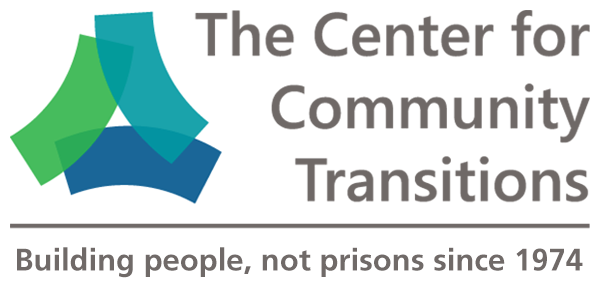Advocate
Unfortunately, in our community, state, and nation, a person’s sentence does not end when they are finished serving time. Our society has many barriers to successful reentry including employment, housing and social activities. We work hard to educate and engage with leaders in our community to knock down some of those barriers.
Social Justice Issues
What is collateral punishment?
When someone goes to prison, they go to prison as punishment for an offense against society. Prison separates them from the people they love, from making choices, from not being able to help their family or loved ones, from People are not sent to prison to be punished. Once that time has expired and the person is released there is a false assumption that the slate has been cleaned and the person can start over.
In today’s world an arrest, conviction, probation, and/or an incarceration creates an on-going barrier to employment, housing, applying for a loan, and in some cases participating or attending your child’s school or community activities and/or receiving food stamps and in some instances voting privileges (in NC, voting is restored upon release from supervision- this includes incarceration and community supervision). This is called collateral punishment. It is like “the punishment you didn’t see coming.” With collateral punishment, the question becomes, “What is a person to do if they want to live in a way that will not have them run afoul of the law?”
- Advocate for ban the box; remove the question from applications, “have you ever been convicted of a felony?” Move gathering this information from the application to the interview or job offer.
- Advocate for employers to consider hiring someone with a criminal record and place them in a position that minimizes the risk of reoffending.
- Advocate for employers to consider hiring someone with a criminal record who has gone through a program such as the one at CCT, when that program is committed to being involved in the success of the client.
- Advocate for employers to consider hiring someone who has secured a “Certificate of Relief” from a judge. This Certificate of Relief is granted to people with criminal records who have shown commitment to change, can show evidence that the commitment is followed with action by participation in community programs, AA and NAS involvement, educational attainment, family reunification, housing stability, etc., and can show at least a year of no criminal justice involvement.
- Advocate for more housing options. Ask landlords and other housing entities to consider renting to someone with a criminal record who has secured a job and is working with a community agency such as CCT.
- Advocate for short term housing once someone is released so they have time to locate community resource, develop a plan of action and work toward those goals.
What you can do to help
Get proximate to the issue.
- Find an organization that works with people with criminal records and volunteer
- Invite CCT staff to provide an information session to your circle, your church, Sunday School Class
- Invite CCT staff to provide an “experiential- simulation” program to your group. It includes exercises so participants have an opportunity to walk in someone else’s shoes.
- Hire, rent to someone who has been incarcerated, create a personal relationship rather than one based on what is heard in the news or seen on television.
Write your legislators to support ban the box, certificates of relief
Share information with your church, friends, coworkers
Speak up
Sorry, we do not have any events scheduled at this time. Please check back soon.

